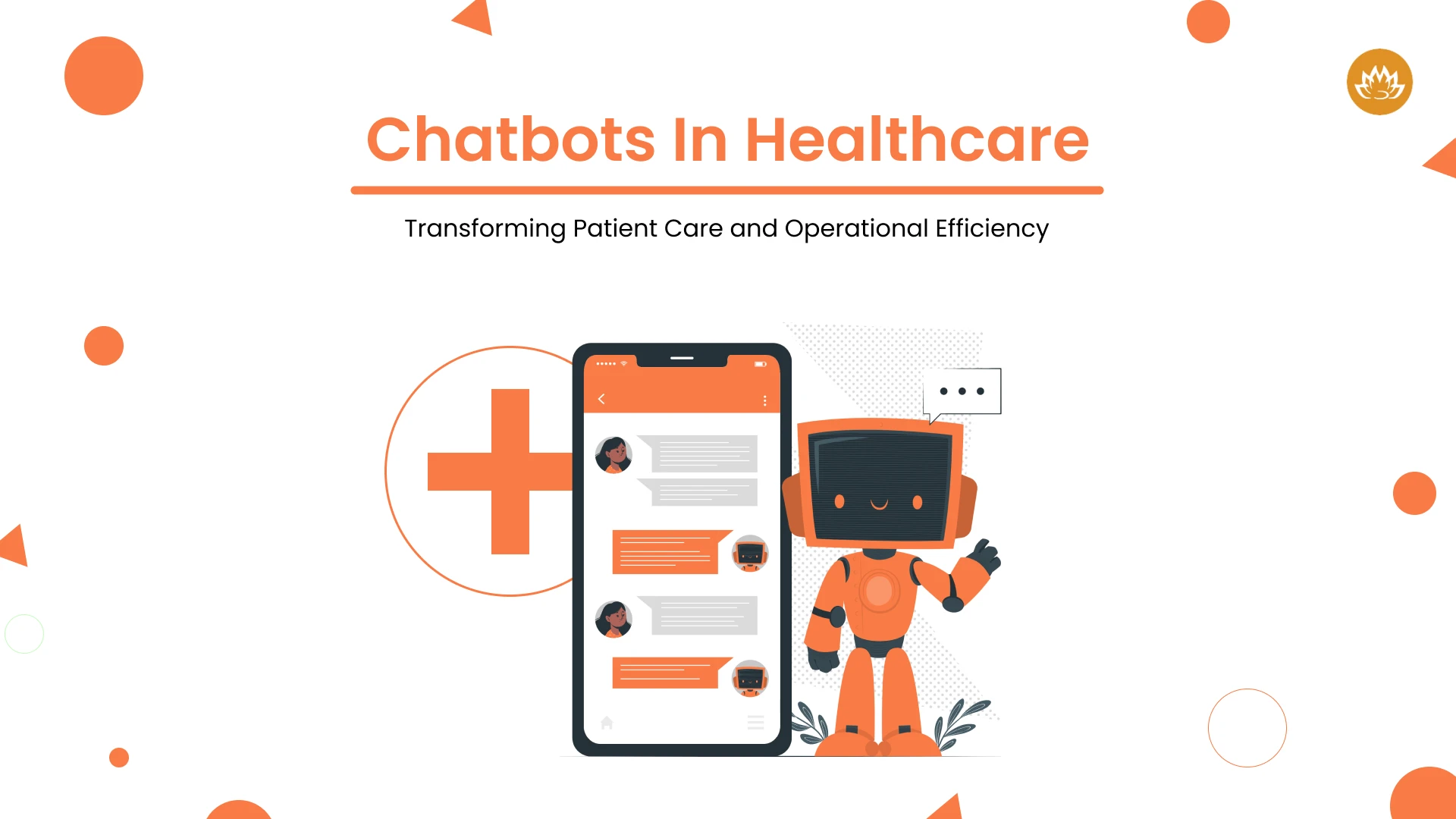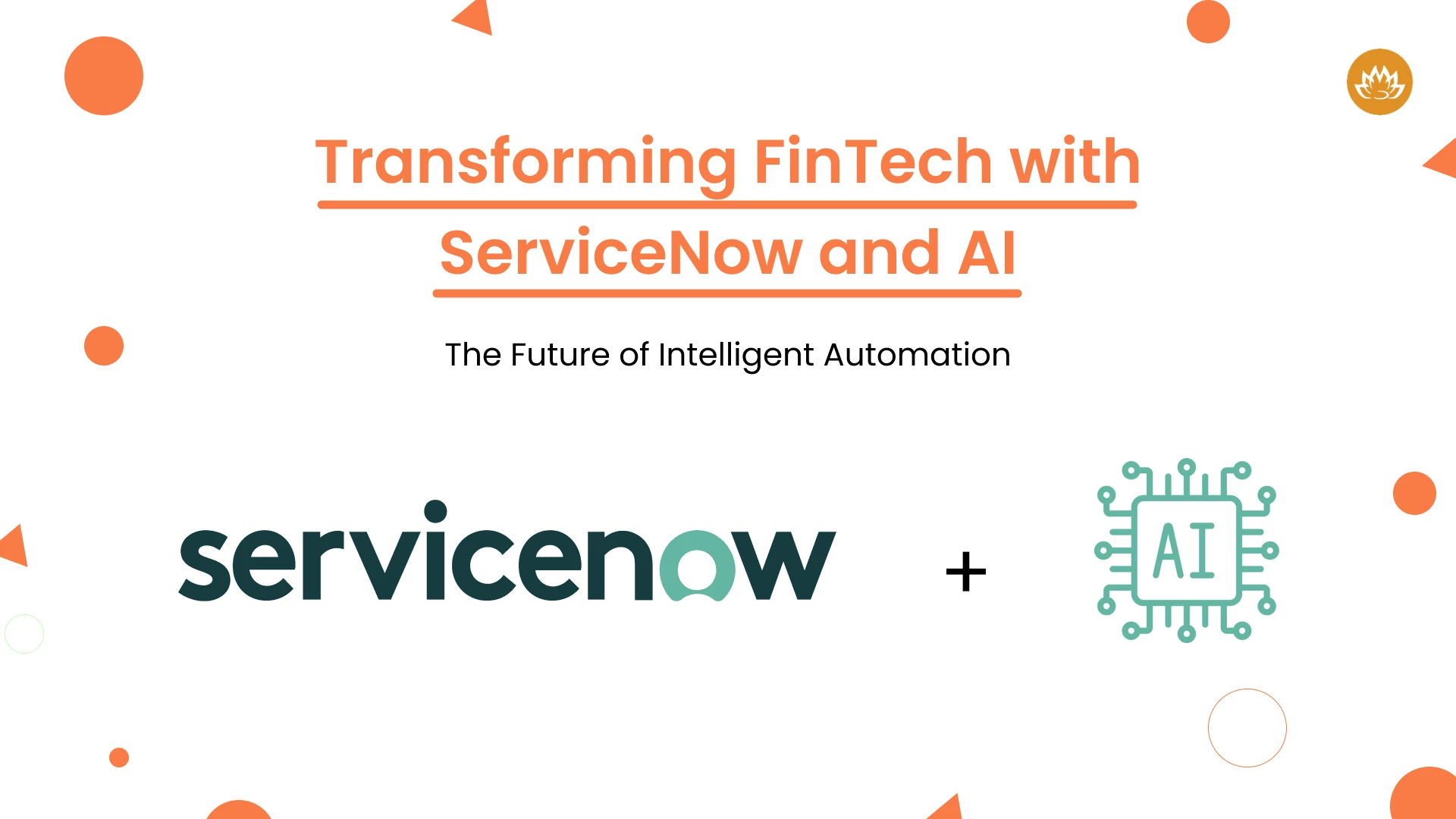Being in a medical practice, handling administrative tasks, and improving patient engagement becomes challenging. At this stage, healthcare providers can utilize chatbots to reduce staff workload and adopt modern AI-driven healthcare practices that lead to optimum customer satisfaction. Here in this article, we shall explore various use cases, benefits, and examples of chatbots. However, before discovering the benefits of chatbots in healthcare, let us understand the basic concept of a healthcare chatbot.
What is a Healthcare Chatbot?
Chatbots for healthcare are computer programs designed to streamline and automate patient interactions. They employ artificial intelligence (AI) and natural language programming (NLP) to comprehend, process, and reply to patient questions. Both text-based and voice-based chatbots are possible.
Top Benefits of Healthcare Industry Chatbots

1. Better Involvement of Patients
2. Shorter Wait Times and Lower Operating Expenses
Quick action is essential in an emergency. Patient encounters can take a lot of time because of availability and accessibility concerns. However, patients cannot afford lengthy wait times in an emergency. Chatbots reduce wait times to ensure prompt access to medical data.
AI-based chatbots in the healthcare industry can improve customer service by using empirical data. They can save expenses and the strain on hospitals’ customer service by analyzing past data to answer questions about symptoms, nutrition, and medications.
3. Accessibility of Health Information
These chatbots can be tailored to particular situations. For instance, using unique AI models, you can develop a chatbot tailored to people with asthma. The chatbot can provide vital information if a patient has asthma or other respiratory diseases.
4. Better Management of Hospitals
5. Quicker Prior Approvals
Chatbot integration in healthcare has a big impact and can be tailored to your needs. Customizations, however, rely on how you choose to integrate chatbots into your medical services.
Best Use Cases of Healthcare Chatbots

Healthcare chatbots driven by AI have a variety of use cases. Here are some of the recent ones.
1. Making appointments
2. Examining Symptoms
3. Reminders for Medication
4. Education of Patients
5. Telehealth Services Powered by AI
6. Inquiries Regarding Insurance
7. Aftercare
8. Assistance for Mental Health
-
Provide self-help suggestions to those suffering from a mental health condition such as medication.
-
Can connect mental health patients with healthcare experts whenever needed.
-
Develop a patient community suffering from similar issues.
9. Feedback Gathering
The Future of Healthcare Chatbots for Patient Care and Operational Efficiency
Tailored Medical Scans
Immersive Chatbots
Smart Patient Monitoring Systems
AI-driven Security and compliance
Smart EHR Systems
Conclusion
Author
-

Sunil is a result-orientated Chief Technology Officer with over a decade of deep technical experience delivering solutions to startups, entrepreneurs, and enterprises across the globe. Have led large-scale projects in mobile and web applications using technologies such as React Native, Flutter, Laravel, MEAN and MERN stack development.
View all posts











